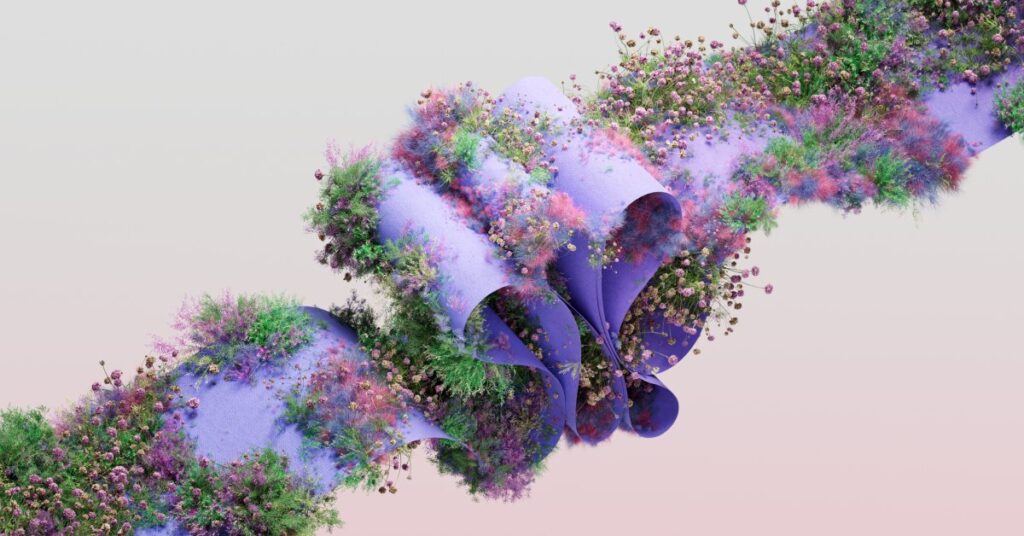Embracing the Future: The Transformative Power of Artificial Intelligence
We’ve all witnessed technology transform our lives, but nothing compares to the leap we’re experiencing with artificial intelligence (AI). Previous innovations extended our reach but didn’t truly change the nature of human intellect. They allowed us to do more, yet they didn’t multiply our mental capabilities. AI, however, is different. It represents a profound shift, not just in technology but also in our potential as human beings.
A New Era of Abundance
Think of AI as the intellectual equivalent of the steam engine. Just as the steam engine drastically increased our physical productivity, AI is set to revolutionize our mental capabilities. It holds the promise of near-infinite brainpower for humanity, paving the way for a future characterized by abundance. Picture a world where education, healthcare, and resources are accessible to all, thanks to AI advancements.
However, the road to this post-scarcity society won’t be without its challenges. As industries evolve, many people may face job displacement. The next decade could be especially tumultuous, which is why smart, thoughtful policies are essential. The world will change dramatically over the coming 25 to 50 years, and predicting the exact pace of this change can be daunting.
Acknowledging the Challenges
Critics often paint a bleak picture, worrying about economic inequality, job loss, and the potential erosion of our creative spirits as AI takes over tasks traditionally performed by humans. These fears, while understandable, may not be reflective of the future we can create together. We must focus on the real risks: the danger of falling behind in the AI race against less scrupulous nations or actors.
Economic dystopias are often envisioned, where wealth is hoarded by a small elite while the rest struggle. But with effective interventions—like universal basic income or income redistribution—this outcome can be avoided. Our collective power through democracy can shape these changes positively.
Implementing Inclusionary Policies
As we move into an age where AI can streamline countless jobs—from doctors to farmers—society as a whole could see tremendous benefits if we pursue intelligent and empathetic policy decisions. Imagine a world where a shorter workweek becomes the norm, as productivity skyrockets from AI integration.
The changes won’t just affect traditional industries either: AI has the potential to democratize expertise. Think about it—near-free AI-driven healthcare could ensure that even the most vulnerable populations receive top-notch medical advice, while AI tutors might provide personalized education accessible across the globe.
Navigating the Shift
Yes, the idea of depending too much on AI raises concerns about creativity and decision-making, but I propose that AI can actually enhance our creative capacities. For instance, someone without musical talent could use AI tools to create personalized songs, expanding their creative potential rather than limiting it.
While it’s crucial to keep an eye on AI’s potential drawbacks—like biases in algorithms—these issues also represent opportunities to create fairer systems. AI has the capability to expose and rectify human biases, ensuring more equitable outcomes in healthcare and justice systems.
Ensuring Safety and Ethical Guidelines
As we navigate this new landscape, the importance of AI safety must remain a priority. Research should heavily focus on creating safeguards and ensuring that AI serves humanity without infringing on our rights or freedoms. It’s essential to remember that while AI presents risks, it is not the sole threat that humanity faces. Addressing issues like pandemics and environmental crises should also remain part of our strategy.
Adapting to a New Economic Reality
The economic landscape will inevitably shift as we embrace AI. The traditional measures of success, like GDP, may no longer tell the full story of societal well-being, especially in a deflationary context where efficiency and lower costs redefine consumption habits. We have to create new metrics that better reflect the quality of life for everyone.
As tech giants wield significant influence, it’s vital to ask ourselves—would we prefer their power or that of unaccountable political leaders? With the democratization of AI development, there’s hope for a diverse landscape that prevents power consolidation.
The Optimistic Path Forward
Ultimately, our future with AI isn’t predestined; it’s a canvas waiting for us to paint our vision. It’s crucial to focus on the potential for AI to create a more just and equitable society. Envision a time when mental and physical drudgery is lifted from us, giving way to a more fulfilling life centered on our passions and creativity.
Challenges may arise in this transition, but with our shared vision and strategic action, we can harness AI to drive lasting positive change.
Conclusion
The next few decades hold immense promise, transforming our economy, society, and way of life. While the shift may come with challenges, the rewards could far surpass our expectations. Those who can adapt will thrive in this new world.
The AI Buzz Hub team is excited to see where these breakthroughs take us. Want to stay in the loop on all things AI? Subscribe to our newsletter or share this article with your fellow enthusiasts.




